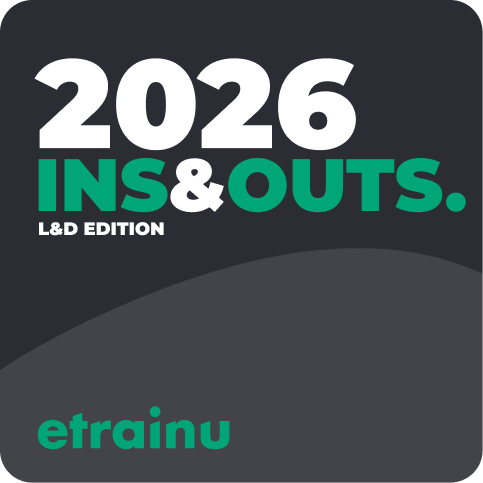
Safe Mealtimes Start with Good Practice
We all eat—but for some people, eating can be complex. Mealtimes should be nourishing, comfortable, and enjoyable, but if this is not the case, people may need support with eating or general mealtime management. This can include support with dysphagia management and enteral feeding, which are high-risk support services as classified under the NDIS.
Recently, the National Disability Insurance Scheme (NDIS) started looking at the mealtime management practices of registered and unregistered disability service providers. Initially, the NDIS began with a data collection survey, with only some service providers being contacted/invited to participate.
However, as the campaign continues, the NDIS intends to send representatives to different providers and review mealtime management practices. The data collection and site visit will then inform best practices, which will be shared with all providers.
As it stands, it’s unclear when exactly the NDIS will commence visiting providers. etrainu’s learning partner, the National Disability Services, is speaking with the NDIS Commission for further details.
While those details are still being confirmed, it’s clear that service providers and disability support workers need to brush up on their mealtime management practices and ensure they are following up-to-date, best practices.
Let’s explore how support workers can support safe mealtimes with good practice.
Best practices
Nat has multiple sclerosis, which gives them dysphagia (i.e. they have swallowing difficulties). As a result, Nat needs support at mealtimes and has a team of support workers who assist Nat.
Per the NDIS requirements, Nat’s support team will:
- Follow Nat’s mealtime management plan, which describes how Nat can safely eat and drink
- Adhere to their duty of care
- Ensure Nat is correctly positioned during mealtimes per the mealtime plan, e.g.
- They ensure Nat is seated upright at a 90-degree angle
- They ensure Nat is as close to the table/tray as possible
- They support Nat to keep their back as straight as possible
- Respect Nat’s choices and dignity; if Nat chooses not to eat, they have every right to. The support team can gently remind Nat about the importance of eating, but they cannot force Nat to eat.
- Document everything in care notes and handover notes, so all support members are aware of when the person last ate
- Watch for swallowing hazards, e.g. choking
- If required to prepare meals, do so safely and avoid cross-contamination
- Prepare Nat’s meals in accordance with the mealtime plan and the International Dysphagia Diet Standardisation Initiative (IDDSI) Framework, ensuring the foods are:
- The correct textures
- The correct thickness
- Store all food properly, e.g. cooked foods in the fridge, fruits away from pesticides or chemicals, dry foods in a clean, dry pantry or cupboard
- Handle waste safely to avoid cross-contamination
- Maintain Nat’s hygiene and personal hygiene for better infection control
- Throw away spoiled foods: if in doubt, they will throw it out!
Get prepared with effective training
So, how can Nat’s support team (and other support workers, in general) ensure they’re well-prepared to provide mealtime support? Effective training goes a long way, with a variety of options.
The NDIS has online resources that providers can use. In 2022, the NDIS and Professor Bronwyn Hemsley of the University of Technology Sydney created Enjoy Safe Meals, which offers online training modules on safe mealtime support.
NDS also offers an online Mealtime Management Workshop that provides direct support staff and their managers with the essential knowledge and skills to navigate safe, supportive, and person-centred mealtimes when supporting individuals with swallowing difficulties.
etrainu’s also got you covered. Our Introduction to Mealtime Management is aligned to the NDIS Practice Standards and High Intensity Skills Descriptors, exploring nutrition, swallowing, food preparation, and mealtime management plans.
You can find Introduction to Mealtime Management in our NDS Workforce Essentials library.




